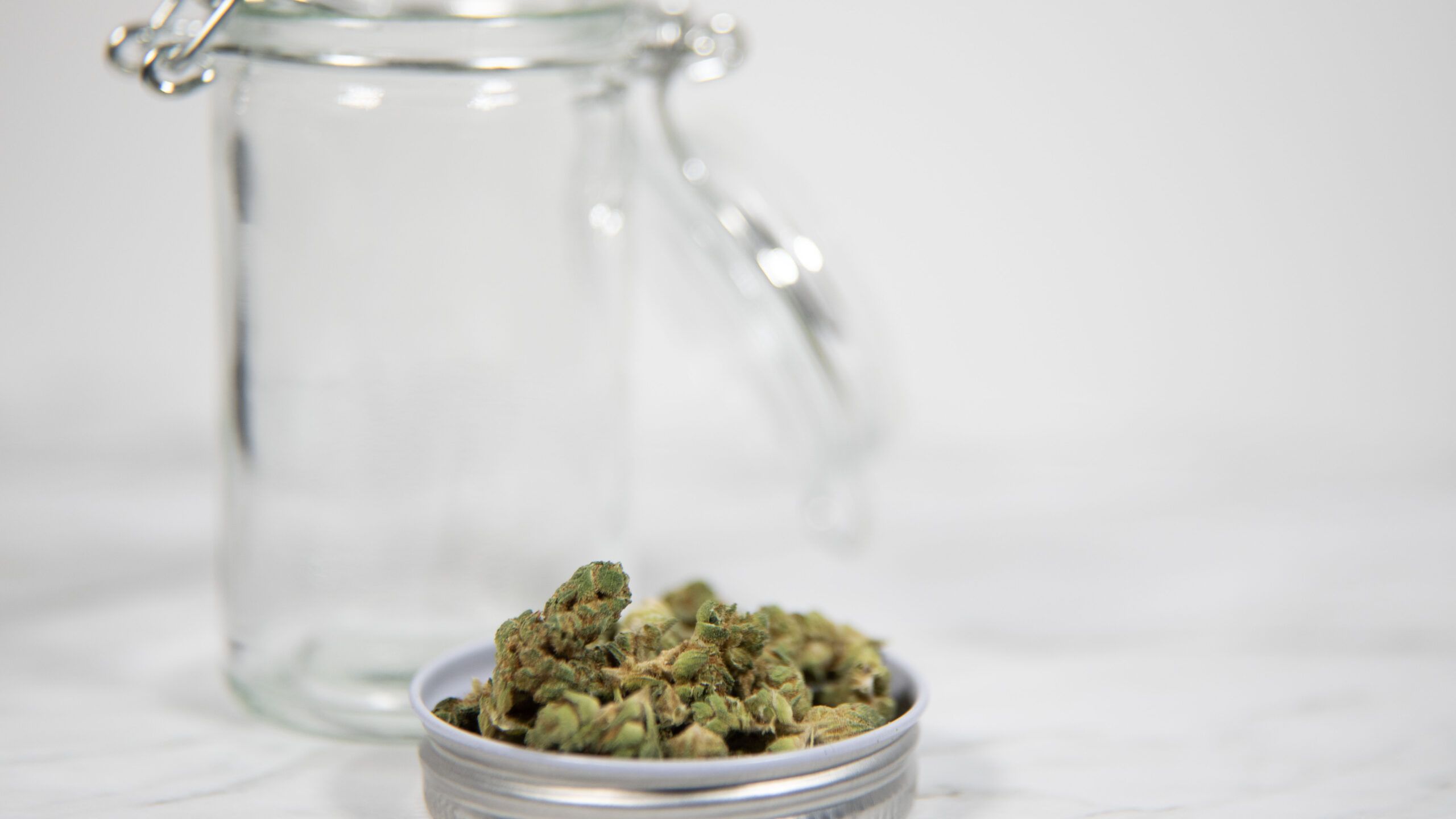Cannabis-derived products, including CBD (cannabidiol) and THC (tetrahydrocannabinol)-containing medical cannabis, are widely used for therapeutic purposes. While they share a common origin, they differ significantly in their effects, uses, and accessibility. Here’s an exploration of the assumptions surrounding these substances, who might benefit from each, and whether a medical marijuana card is required.
CBD: Non-Psychoactive and Accessible
What Is CBD?
CBD is a non-psychoactive compound found in cannabis and hemp plants. It does not produce the “high” commonly associated with cannabis. CBD is often derived from hemp, which contains less than 0.3% THC.
Common Assumptions About CBD
- Mild Effects: Many assume CBD is safe for everyday use without side effects like drowsiness or altered mental states.
- General Wellness: CBD is often marketed as a supplement for stress relief, sleep improvement, and general wellness.
- Widely Legal: CBD is legal in most U.S. states as long as it is derived from hemp and contains less than 0.3% THC.
Who Might Use CBD?
CBD is suitable for individuals seeking relief from mild symptoms without psychoactive effects. Conditions often addressed with CBD include:
- Anxiety
- Insomnia
- Minor inflammation or chronic pain
- Seizures (CBD-based drug Epidiolex is FDA-approved for epilepsy)
Do You Need a Medical Card for CBD?
No. CBD products derived from hemp are widely available over-the-counter at retail stores and online. However, higher-potency or prescription-grade CBD products may require a medical card in some states.
Medical Cannabis with THC: Psychoactive and Regulated
What Is THC?
THC is the primary psychoactive compound in cannabis, responsible for the “high.” It has therapeutic benefits but requires careful dosing to avoid unwanted side effects.
Common Assumptions About THC-Containing Medical Cannabis
- Potent and Psychoactive: Assumed to provide stronger relief for severe symptoms due to its psychoactive effects.
- Medical Use Only: Thought to be reserved for individuals with significant health conditions.
- Strictly Regulated: Requires authorization under state medical marijuana laws.
Who Might Use Medical Cannabis with THC?
THC-containing products are ideal for individuals with more severe or chronic conditions, such as:
- Cancer-related pain or chemotherapy-induced nausea
- Severe chronic pain (e.g., arthritis, neuropathy)
- PTSD
- Multiple sclerosis (MS)
- Glaucoma
- Epilepsy
Do You Need a Medical Card for THC-Containing Cannabis?
Yes. In most states, THC-containing medical cannabis is only available through medical marijuana programs. Patients must:
- Be diagnosed with a qualifying condition.
- Obtain a recommendation from a certified physician.
- Apply for and receive a state-issued medical marijuana card.
Key Differences Between CBD and THC-Containing Medical Cannabis
| Aspect | CBD | THC-Containing Medical Cannabis |
|---|---|---|
| Psychoactive Effects | None | Yes |
| Legal Status | Widely legal (hemp-derived) | Regulated by state programs |
| Typical Uses | Mild anxiety, inflammation, sleep | Severe pain, nausea, chronic illness |
| Medical Card Needed? | No | Yes |
In Summary
While CBD and THC-containing medical cannabis offer therapeutic benefits, their applications differ significantly. CBD is accessible for general wellness and mild conditions, while THC-containing cannabis is reserved for more severe ailments under strict regulation. Understanding these distinctions can help individuals choose the most appropriate option for their needs.

